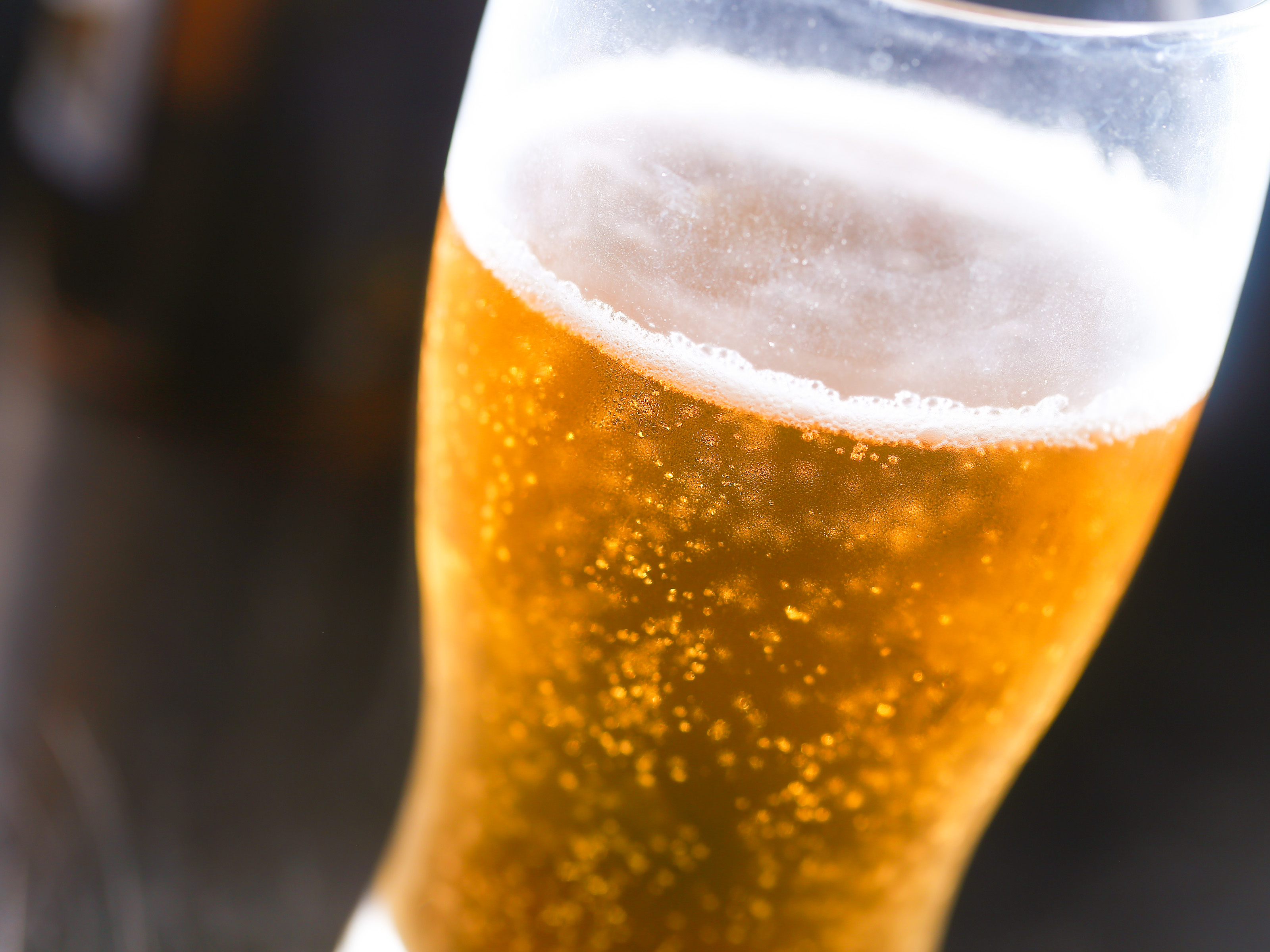Here is Master Beer Dom with his second article on the importance of the boil in beer. To get a reminder of what the first article was about, click here.
FYI, just a reminder that Dom knows what he is talking about : bio-chemist Master who brews his own beer 😉
.
Why do we boil?
Why do we need to boil our beer? Couldn’t we drink a beer that has not been boiled? Does it change the taste of the beer? The boiling of our wort is so important when we brew for many reasons. Today, we will explore two of them. First, there is a sanitary issue, we do not want to drink a beer where E. coli is living, and second, it’s for the bitterness of the hop.
Kill’em all
As with many meals that we cook, we use heat to kill the microorganism that are present in the wort. As we cannot be sure that the grains and the water are totally sterile. As we just put our grain in hot water, it is a pretty good plan to see bacterias. By boiling, we can kill virtually every pathogenic bacteria in the wort. So after the boil, we will be working in a clean environment. You don’t need to be in a sterile laboratory, but you need to sanitize your equipment.
There is a lot of product we can use to sanitize, but they mustn’t be rinse product. There is a lot of commercial example, like Star San, IO Star, etc. You need to sanitize all your equipment, the bottles, siphon, carboy, fermenter, chiller, caps, everything that will touch the beer. If you infect the beer, it will develop off flavor or worst develop a pathogenic infection.
Let the bitterness be
We also add hops during the boiling of our wort. Around 15% of the hops mass is resins. There are soft and hard resins. The most interesting for us right now are the soft ones. In the soft resins, there is three main family of compounds, the α-acid, the β-acid and the unknown acids. There are three major α-acid and three major β-acid. These molecules are not bitter at this point, but when we heat them, a chemical reaction occurs : the isomerization. All those molecules come from the same precursor, the lupuline which breaks down in alpha and beta acids when heat is apply.
| α-acid | β-acid |
| Humulone | Lupulone |
| Cohumulone | Colupulone |
| Adhumulone | Adlupulone |
After the isomerization, we have molecules that have a bitter taste. But, the β-acid are not soluble in the water, so for the bitterness, they are not really important. The α-acid though are soluble in the water so we find them in our final product!
Obviously, the isomerization doesn’t happen instantly when we heat that’s why we add hops at different time point during the boiling. If we boil the hops during one hour we will produce more iso-α-acid than if we boil them 5 minutes!
But there is another effect on boiling the hops. We lose the hops’ essential oils. The essential oils give the flavor and the aroma to the beer. But a lot of essential oil are volatile and vanish during the boiling. In fact, we usually consider that if we put hops for longer than 30 minutes, there will be no aroma from the hop.
Keep it cool
After the boiling, we need to work in a clean environment and reduce the sources of contamination. A critical phase is the cooling, we need to cool the wort fast because a lot of bacterias live at 37°C which happen to be between 100°C and 20°C. If we cool too slowly, bacterias can grow in the wort and our yeast will have a hard time to grow because it will compete against the bacteria whom will have the advantage at the start.

